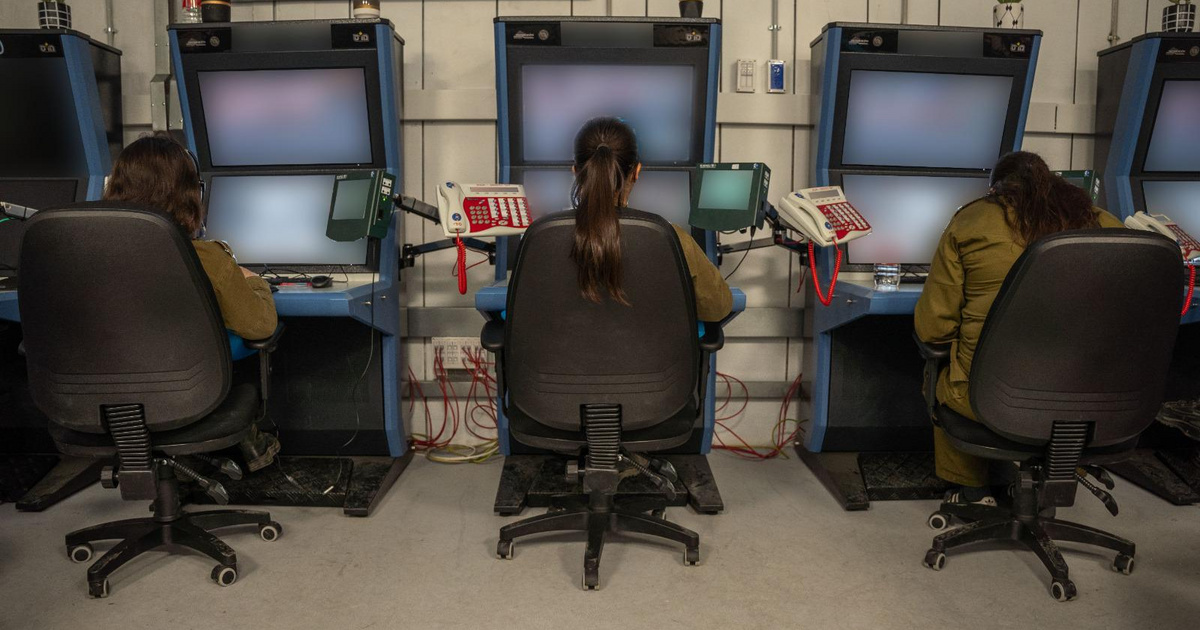Hát, mondhatunk bármit, de úgy tűnik, öreg Joe bácsi egészen hatékonyan fogta vissza a verszomjas cionistakat - sokat elárul ez az igen komoly kis WaPo cikk:
White House grapples with internal divisions on Israel-Gaza
Yasmeen Abutaleb, John Hudson
17 - 21 minutes
Earlier this month, a group of about 20 distressed White House staffers requested a meeting with President Biden’s top advisers, as Israel’s war in Gaza entered its sixth week.
The diverse group of staffers had three main issues they wanted to discuss with White House Chief of Staff Jeff Zients, senior adviser Anita Dunn and deputy national security adviser Jon Finer: They wanted to know the administration’s strategy for curbing the number of civilian deaths, the message it plans to send on the conflict and its postwar vision for the region.
Zients, Dunn and Finer listened respectfully, but some participants felt they fell back on familiar talking points, said a White House official familiar with the meeting, who spoke on the condition of anonymity to discuss a private exchange.
The administration had to be careful not to criticize Israel in public so it could influence its leaders in private, the advisers said. U.S. officials were pushing Israel to minimize civilian casualties. And the president and his top aides were advocating for a two-state solution once the conflict was over.
The previously unreported meeting of officials underscores how Biden’s handling of what is arguably the biggest foreign policy crisis of his presidency is dividing a White House that has prided itself on running a disciplined and united operation. The Israel-Gaza war has roiled the administration more than any other issue in Biden’s first three years in office, according to numerous aides and allies inside and outside the White House, as staffers agonize over their positions on highly emotional issues.
Adding to the sensitivity, the unwavering embrace of Israel that many staffers find upsetting stems in large part from Biden’s personal lifelong attachment to the Jewish state, aides said. Biden often cites his 1973 meeting with Prime Minister Golda Meir as a seminal event that crystallized his view of Israel as critical for Jewish survival.
At the time, Israel was 25 years old, a left-leaning nation and a military underdog, struggling to find its way in the aftermath of the Holocaust. Now Israel is a military powerhouse led by a far-right coalition, and the Biden administration has become identified with a military campaign that has killed more than 13,000 Palestinians, displaced hundreds of thousands of others, created a humanitarian disaster and damaged America’s moral authority in much of the world.
Yet there are limits to how much the United States has been able to influence Israel’s actions as it largely refrains from criticizing them publicly. “I think the administration has realized from quite early on that it was in a bind,” said Ivo Daalder, chief executive of the Chicago Council on Global Affairs who served as NATO ambassador under President Barack Obama.
“And it was in a bind not only because of Biden’s own predilection, which is real and strong and important,” Daalder said, but because of the political costs of breaking with Israel, especially after the bloody Hamas attack on Oct. 7 that killed more than 1,200 people and resulted in over 200 hostages taken.
This account of how the administration has handled the Israel-Gaza war is based on interviews with 27 White House officials, senior administration officials and outside advisers, many of whom spoke on the condition of anonymity to speak candidly to reveal internal conversations.
White House officials contend that Biden’s “bear hug” approach to Israel has given him credibility with Israeli Prime Minister Benjamin Netanyahu, allowing the president to exert the kind of pressure that led to the current hostage deal and fighting pause. U.S. officials are using the pause to urge Israel to make its expected military operation in the south of Gaza, where nearly 2 million Palestinians are concentrated, more targeted and less deadly, according to two senior administration officials.
Biden’s foreign policy team has long been mindful of the influence of Washington’s pro-Israel lobbying organizations. But the changing demographics of key swing states, such as Michigan, home to a growing Arab American community, is prompting some Democratic analysts to question the conventional political wisdom.
Progressives such as Sen. Bernie Sanders (I-Vt.) have urged Biden to make America’s $3.8 billion in annual aid to Israel conditional on an end to the widespread bombing of Gaza and a freeze on West Bank settlements. Biden said Friday that was a “worthwhile thought,” but that if he had done it too quickly it would have hurt his leverage with Israel, adding, “I don’t think if I started off with that we ever would have gotten to where we are today.”
The division inside the White House is to some degree between Biden’s senior longtime aides and an array of younger staffers of diverse backgrounds. But even top advisers said they recognize the conflict has hurt America’s global standing. “We’re taking on a lot of water on Israel’s behalf,” one senior official said. Still, Biden’s aides noted that his public statements have become increasingly direct on the responsibility Israel has to minimize civilian casualties and to allow aid into Gaza, even as he declines to call for a cease-fire as many liberals want.
The White House also insists it has influenced Israel’s military tactics, pointing out that more than 100 aid trucks a day on average are getting into Gaza and that Israel is now allowing in some fuel. One senior administration official, who spoke on the condition of anonymity to discuss secret diplomacy, said that after the United States dispatched three senior military officers in late October to advise the Israelis on strategy, they sent only about a third as many troops into Gaza as they had initially planned.

warnews247.gr


 Valami holdkoros gorog blogot linkeltel, ami be sem tolt nekem.
Valami holdkoros gorog blogot linkeltel, ami be sem tolt nekem.
